Tautological Geography: When Place Names Say the Same Thing Twice
The Sahara Desert. Lake Tahoe. Mississippi River. We use these names every day without thinking twice about what they actually mean. But here’s the thing – each of these famous places has a name that’s basically saying the same thing twice.
“Sahara” means desert in Arabic. “Tahoe” means lake in the Washoe language. “Mississippi” comes from the Ojibwe “misi-ziibi,” which means great river. So we’re really saying Desert Desert, Lake Lake, and Great River River. Geography nerds call this tautological naming, and it happens way more than you’d think.
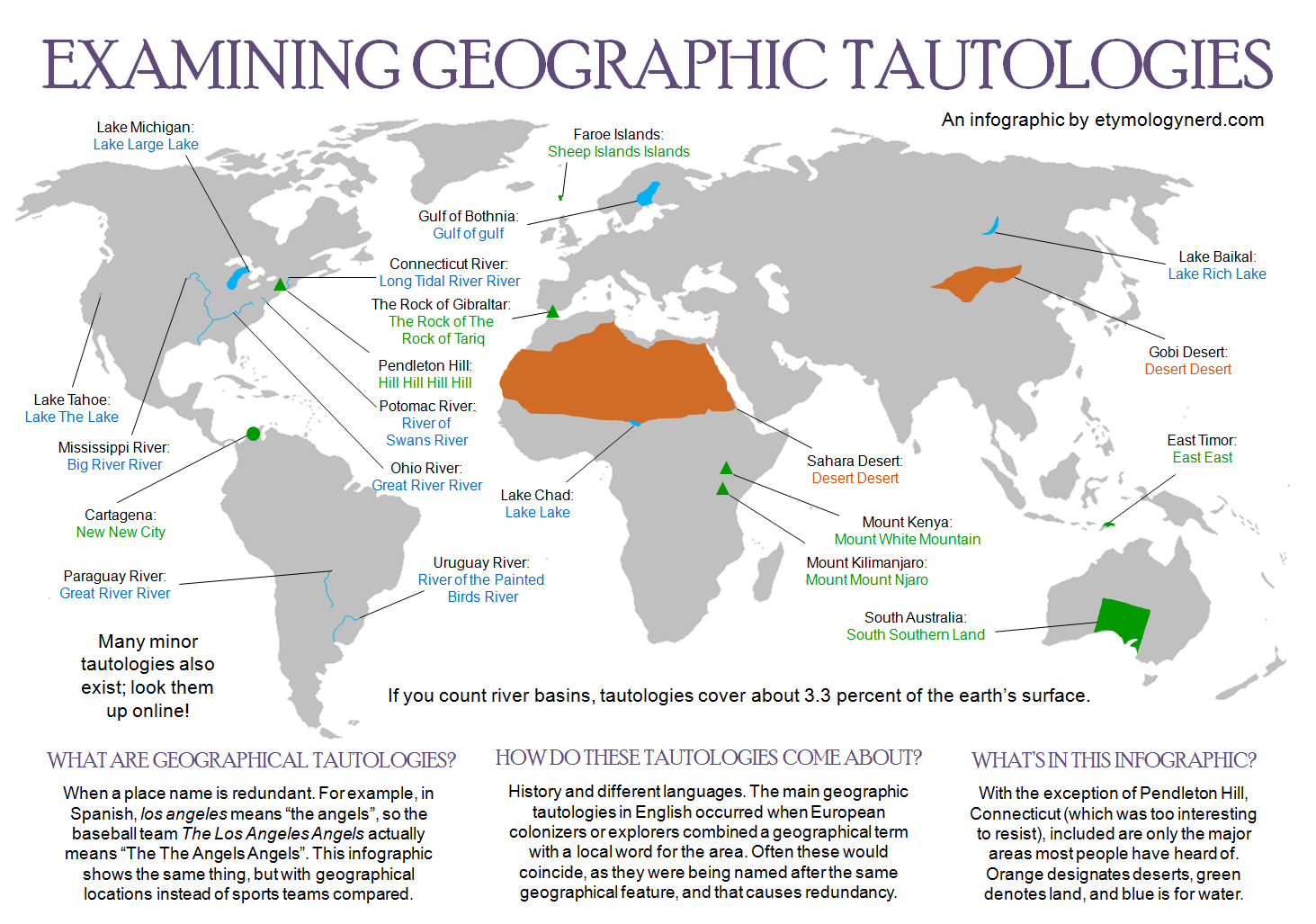
This world map from etymologynerd.com shows some of the most well-known examples around the world. They’ve color-coded everything nicely – orange for deserts, green for land features, blue for water. Mount Kilimanjaro shows up here too, which translates to “Mount White Mountain” in Swahili. The Gobi Desert? That’s “Desert Desert” in Mongolian.
How did we end up with all these redundant names? It happened during exploration and colonization. European explorers would arrive somewhere new, hear the locals talking about the “sahara” or the “misi-ziibi,” and assume these were proper names for specific places. They didn’t know they were just hearing the local words for “desert” or “big river.” So when they made their maps, they’d write down “Sahara Desert” or “Mississippi River,” accidentally creating these double meanings.
If you count river basins tautologies cover about 3.3 percent of the Earth’s surface.
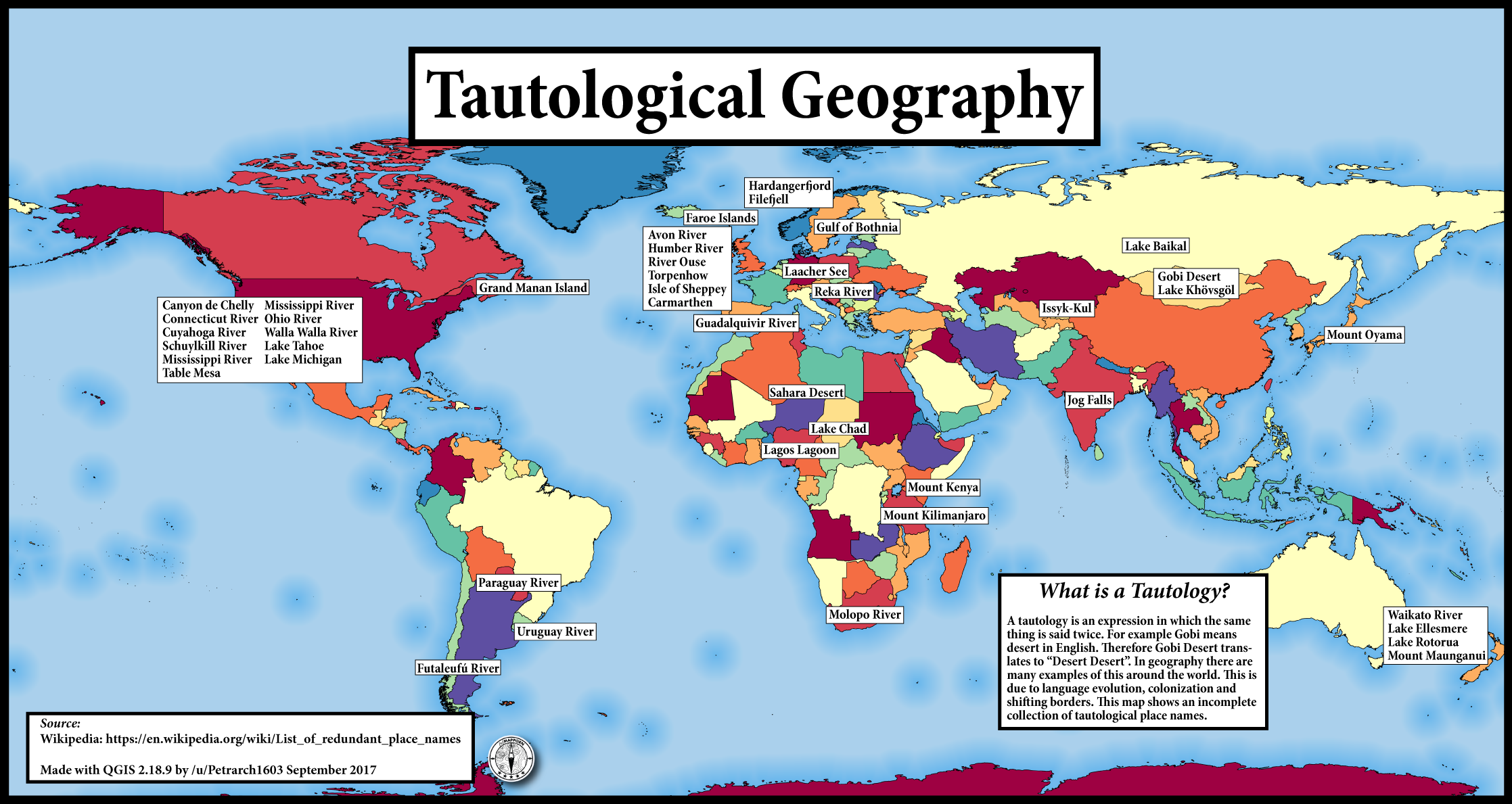
This world map above, created by u/Petrarch1603, shows more tautological place names labeled across every continent. The Faroe Islands literally means “Sheep Islands,” so calling them the Faroe Islands gives us “Sheep Islands Islands.”
Some of the examples are pretty entertaining once you know what to look for. Table Mesa in Colorado means “Table Table” since mesa is Spanish for table. The Connecticut River comes from a Mohegan word meaning “long tidal river,” so we’re saying “Long Tidal River River.” Even the Ohio River follows this pattern – “ohi-yo” meant “great river” in Seneca.
When you add up all the river basins with tautological names, they cover about 3.3% of Earth’s surface.
I stumbled across Torpenhow Hill in England while researching this – it’s possibly the most extreme example. Depending on how you interpret the etymology, it could stack up to “Hill Hill Hill Hill” from different historical languages layered on top of each other over centuries.
Found any tautological place names in your area that aren’t on these maps?


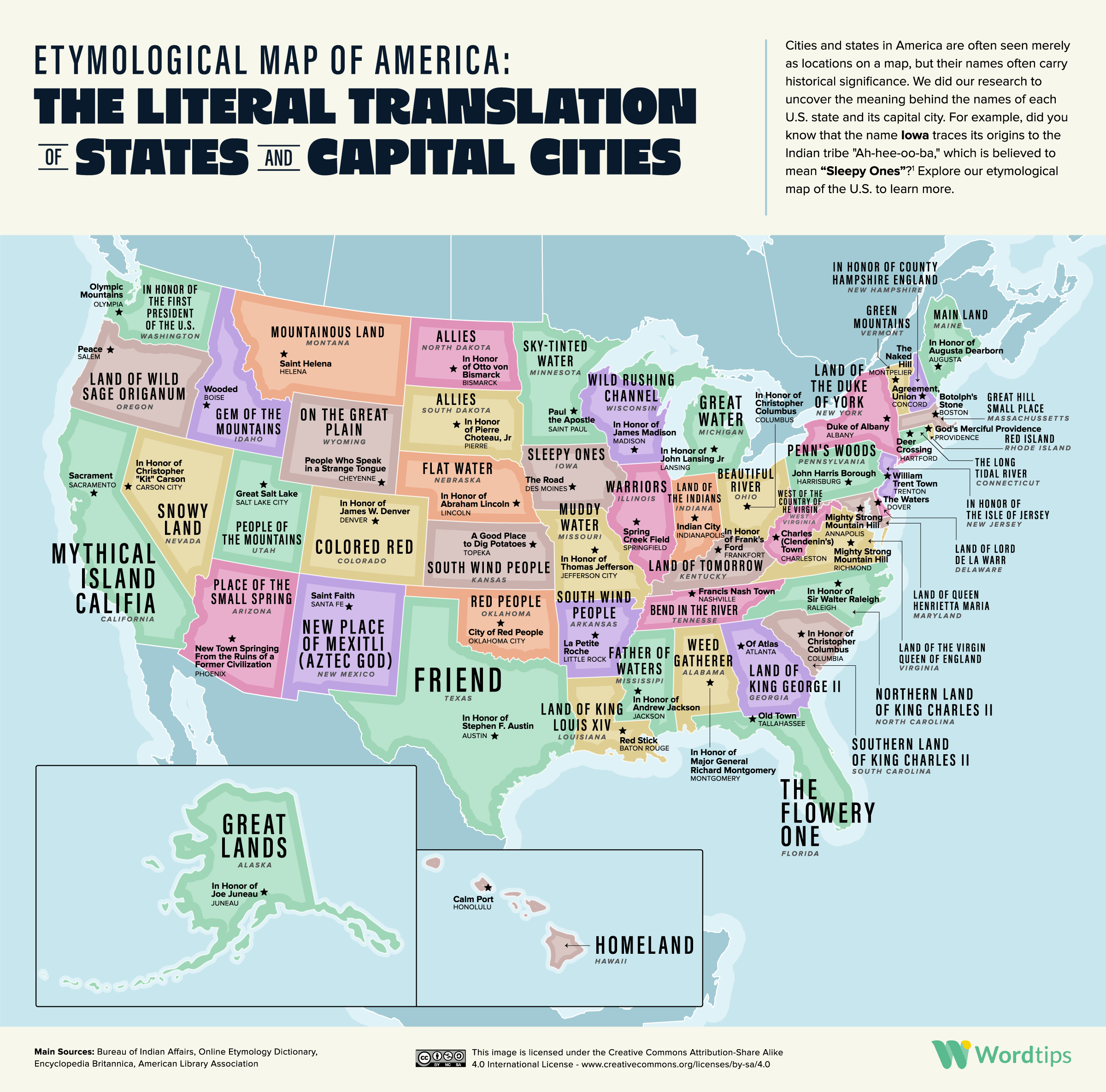
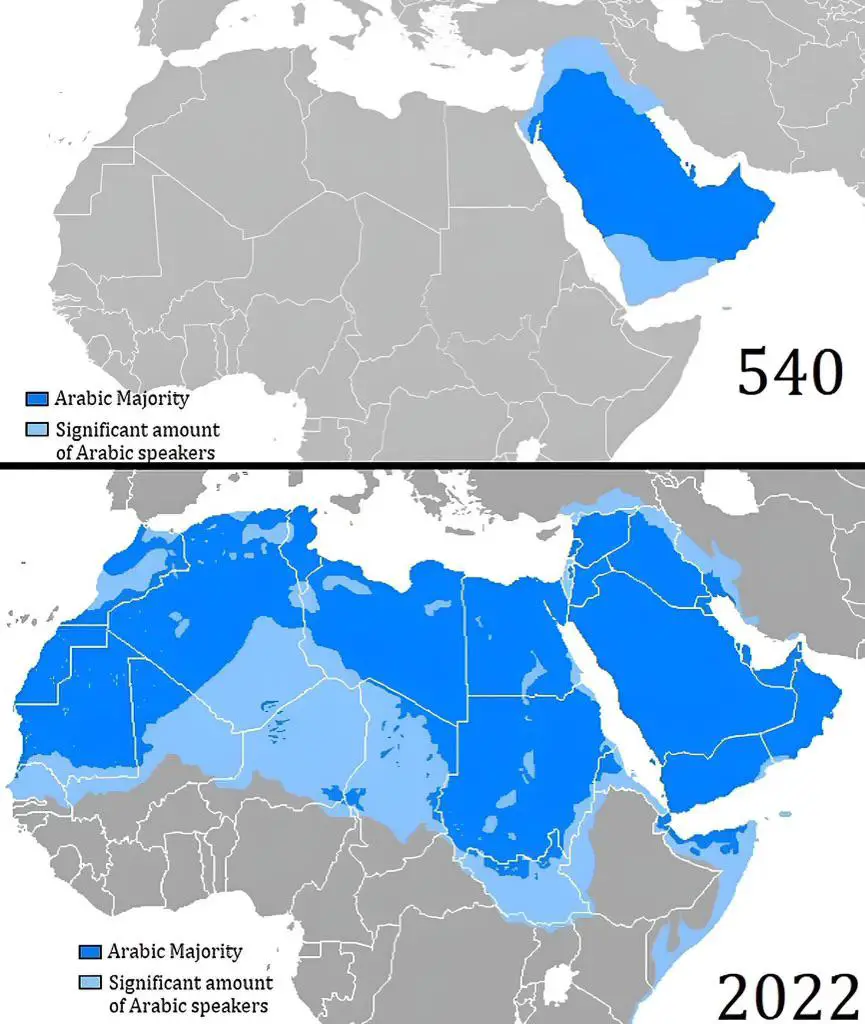

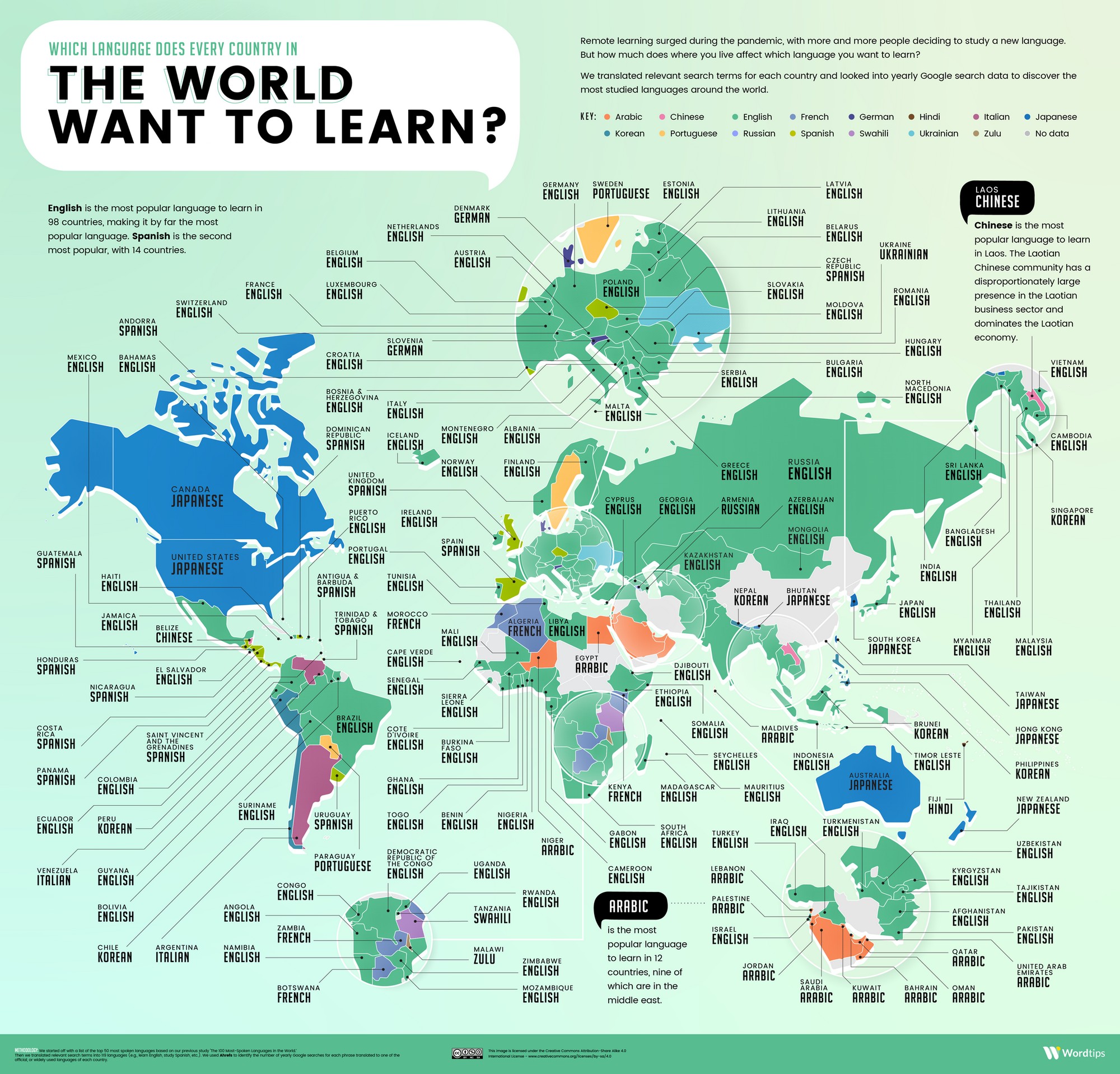

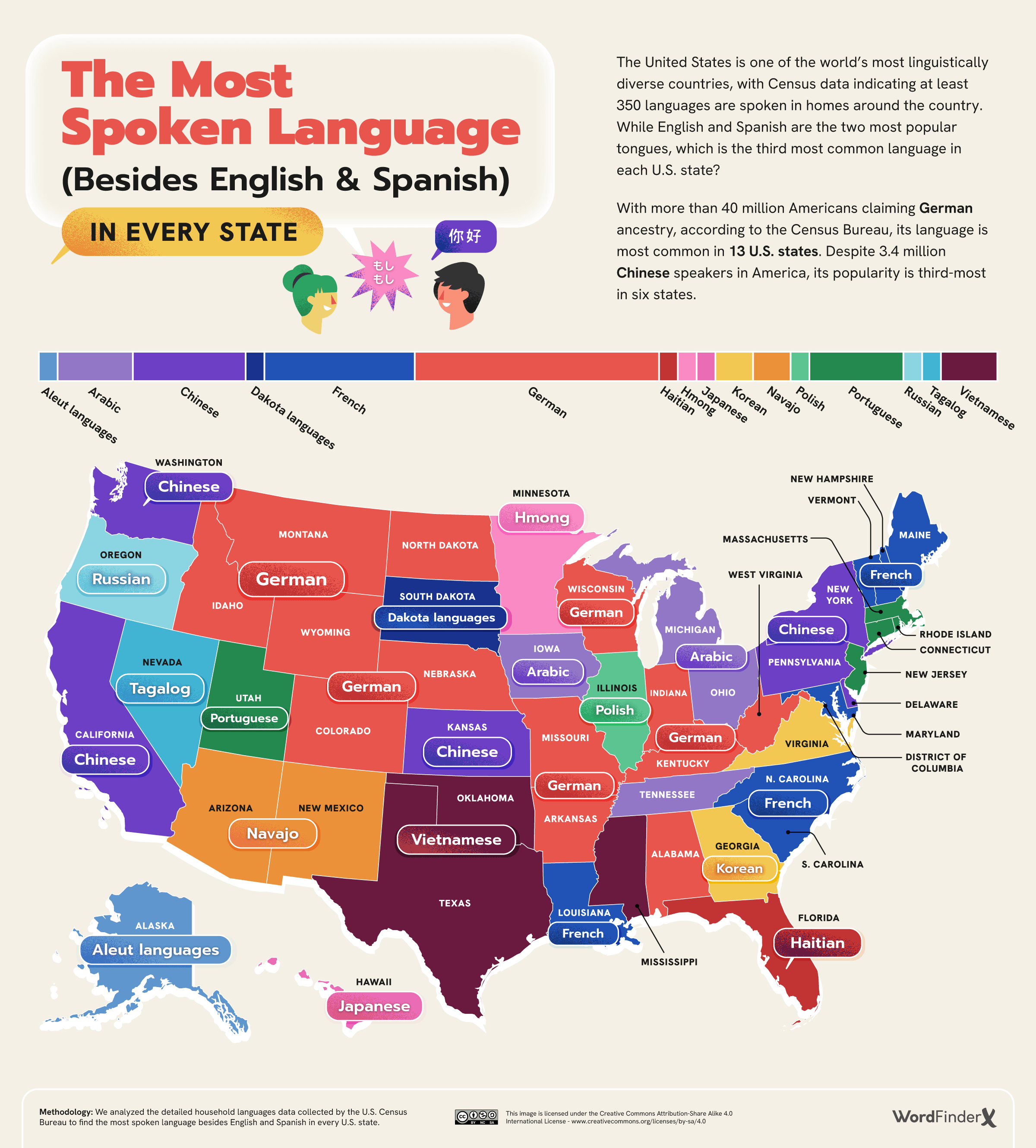

Nice list! There is another example in Spain: the Valley of Aran, in Catalonia. Aran means valley in Basque.
You could add all River Avons as well.
Wow, I made that! Thank you so much for including my graphic.